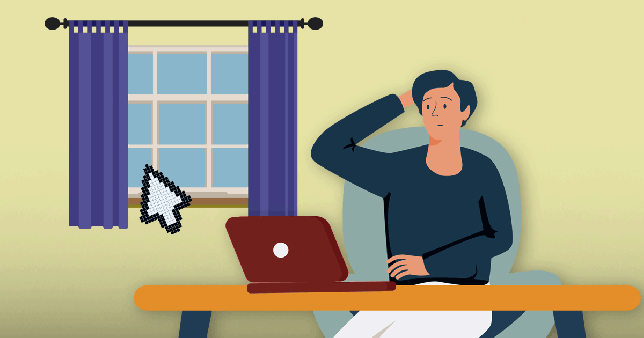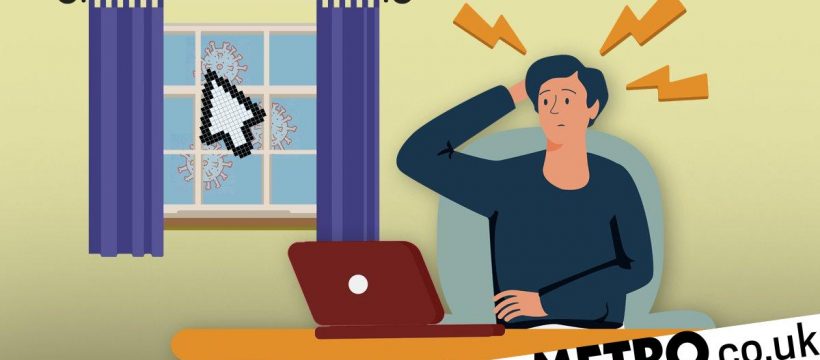
Do you run to Dr Google for a consultation after an ache, pain or newfound symptom? You’re not alone.
According to the official Google blog, one in 20 Google searches are for health-related information, while Pew Research found that eight out of 10 online health seekers begin at a search engine.
While Googling your symptoms isn’t recommended (and if you decide to do so, try to use verified sources like the NHS Symptom checker) most of us will still do it – looking for basic information but knowing to take any findings with a pinch of salt.
However, some people will spend hours searching up repeated symptoms on different websites, which can lead to a range of terrifying diagnoses – contributing to significant health anxiety.
This process – where using the internet specifically to search for medical information, which leads to health anxiety – is known as cyberchondria.
It refers to people who excessively use the internet to research symptoms and health conditions, and then get stressed and anxious about the results they read.
The term was first coined in the early 2000s, when it was reported that an increasing number of patients were printing out their possible health outcomes and taking it to the doctor.
However, researchers have agreed cyberchondria should be treated as a form of anxiety of its own right – despite still knowing little about the exact underlying mechanisms.
What’s the difference between hypochondria and cyberchondria?
Like hypochondria, cyberchondria involves excessive anxiety about health.
Cyberchondria is specifically when over-internet searching due to health anxiety occurs.
However, cyberchondria is believed to affect more people because access to the internet is so widespread nowadays.
‘Previously, hypochondriacs could only gather data on their health from libraries or physicians,’ Mariana Bodiu, from mental wellbeing company Plumm Health, tells Metro.co.uk.
‘Nowadays, its possible to access [medical information] on the go or from home on your smartphone.
‘Due to easy access to the internet, it is believed that cyberchondria affects more people.
Microsoft published a study on cyberchondria back in 2008. It looked at two key areas, characterising cyberchondria and studying the effects of the condition over time.
At the time, the company said they were taking ‘the first step’ when it came to research in this field, as ‘none of the prior studies addressed the important issue of the links between online activity and medical anxiety.’

Ultimately, the study found that ‘escalation of medical concerns’ was potentially related to the amount and distribution of medical content viewed by users and the presence of ‘escalatory terminology’ – such as ‘cancerous’ or ‘life threatening.’
This means that the scarier the users found the content, the more reading and research they went into for longer periods of time.
If you feel like this is something you might be suffering from, Mariana strongly recommends not to ‘DIY’ it.
‘If you have a health query or concern it’s best to seek advice from a medical professional,’ she says. ‘Making an appointment with your doctor to discuss will be a healthier approach than self-researching.’
She also says to try and decrease your screen time to try and ‘not get lost down the rabbit hole.’
Jonjo Hancock-Fell at Westfield Health, agrees.
‘If you really feel to urge to have a quick look, make sure you are reading credible sources,’ says Jonjo. ‘This way, you are less likely to run into drastic, dramatic, and unfounded diagnoses.’
The most important thing to do is ‘speak up’ when discussing this with a professional. ‘Discuss the cycle you can find yourself in and how you can be supported to manage the anxiety effectively.’
At the end of the day, it’s important to remember that this is a condition that shouldn’t be downplayed.
Health anxiety, cyberchondria and other related disorders should be taken seriously – if you suffer from this, no one should put it down to a ‘little worry,’ – which is why seeking help from a qualified professional is extremely important.
Do you have a story to share?
Get in touch by emailing [email protected].
Source: Read Full Article
